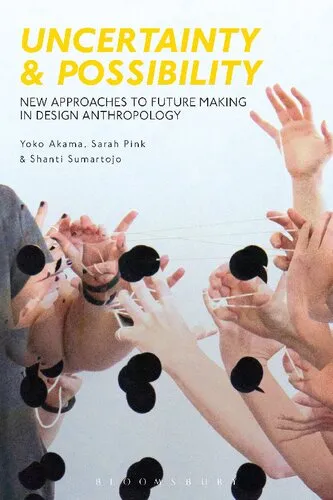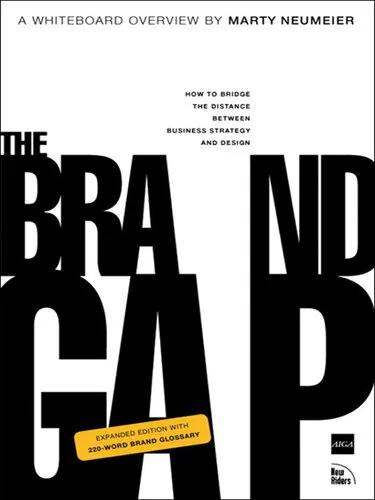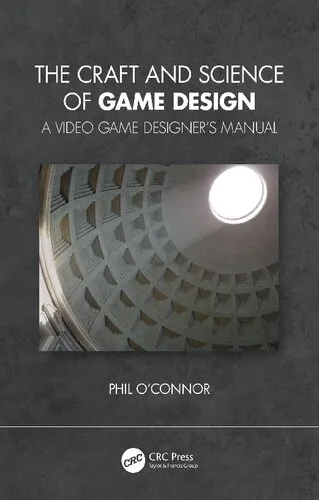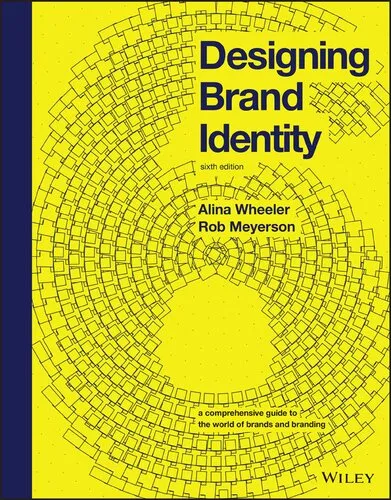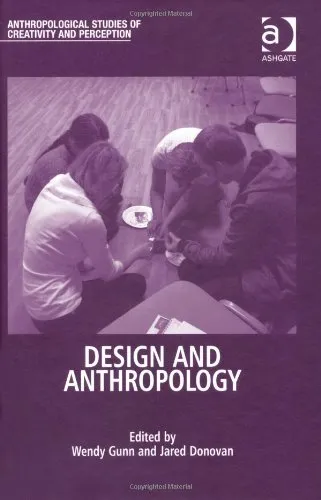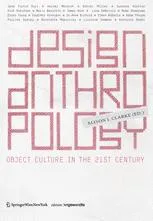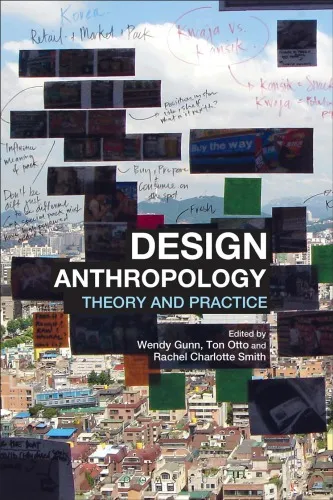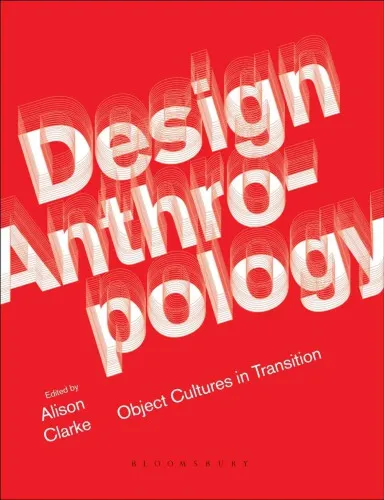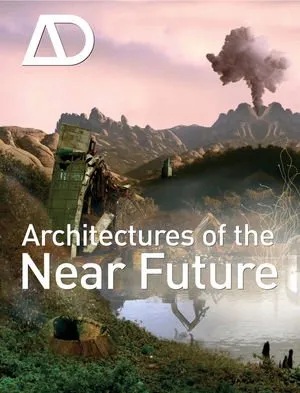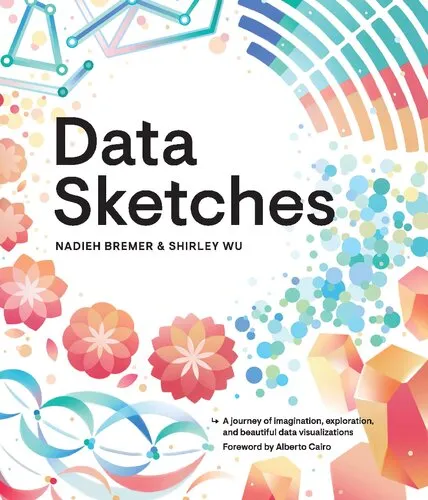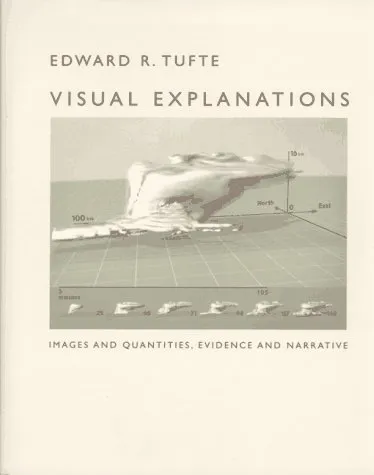Uncertainty and Possibility: New Approaches to Future Making in Design Anthropology
4.5
Reviews from our users

You Can Ask your questions from this book's AI after Login
Each download or ask from book AI costs 2 points. To earn more free points, please visit the Points Guide Page and complete some valuable actions.Related Refrences:
Introduction to Uncertainty and Possibility: New Approaches to Future Making in Design Anthropology
In an era marked by rapid changes and complex global challenges, the concept of uncertainty often evokes fear and hesitation. However, in Uncertainty and Possibility: New Approaches to Future Making in Design Anthropology, authors Yoko Akama, Sarah Pink, and Shanti Sumartojo argue that uncertainty is not solely a roadblock but a fertile space for generating new possibilities. This compelling work explores how design anthropology can reframe uncertainty as a powerful catalyst for creativity, collaboration, and innovation in crafting potential futures. By weaving together theoretical insights, case studies, and practical guiding principles, the book pushes the boundaries of how we approach both the unknown and the art of future-making.
This book is an essential read for scholars, practitioners, and visionaries interested in design, anthropology, and interdisciplinary approaches to societal change. Its focus on uncertainty challenges conventional methodologies in future planning, offering a fresh lens for responding to complex problems with sensitivity and imagination. Through its pages, you'll embark on a journey that redefines uncertainty—not as a challenge to overcome but as a fertile space to explore, speculate, and create new possibilities.
Detailed Summary of the Book
Uncertainty and Possibility starts by addressing one of the central paradoxes of our time: despite technological and predictive advancements, the future remains deeply uncertain. The authors argue that this uncertainty is not a failure of human knowledge but an inherent quality of the complex, entangled systems that shape our world. Embracing this perspective, the book unfolds in three interwoven parts.
The first section lays the theoretical foundation. It introduces key concepts in design anthropology, emphasizing how interdisciplinary methods can better engage with fluid, ever-changing futures. Instead of aiming for certainty, the authors suggest investing in relational, process-oriented approaches that acknowledge uncertainty as a creative force.
The second section dives into rich, real-world case studies. Each story demonstrates how embracing uncertainty opens avenues for relational and collaborative design processes. From co-designing urban public spaces to responding to unpredictable environmental crises, these vignettes highlight how practitioners can work with communities to navigate the unknown with care, respect, and innovation.
The final section synthesizes the book’s insights into actionable frameworks. Through speculative and participatory practices, the authors show how designers and anthropologists can foster possibility-making. Importantly, they advocate for a shift in focus—from "solutions" that force clarity to processes that accommodate complexity, fluidity, and emergence.
Key Takeaways
- Reconceptualizing Uncertainty: The book encourages readers to view uncertainty as a productive, generative space for creativity and possibility-making rather than something to eliminate.
- Relational Approaches: Future-making is framed as a fundamentally collaborative endeavor that prioritizes relationships over prescriptive outcomes.
- Practical Frameworks: The authors provide flexible, actionable guidelines to apply design anthropology principles in real-world settings.
- Speculative Methods: Experimentation, storytelling, and prototyping are emphasized as key tools for exploring possible futures.
- Ethical Considerations: Designing futures requires empathy, respect for diversity, and responsibility to the communities involved.
Famous Quotes from the Book
"Uncertainty is not the absence of possibility, but its very condition."
"Futures are not engineered or imposed; they are co-created in the moments we share and the decisions we make together."
"The process of design anthropology is as much about relationships and care as it is about ideas and outcomes."
Why This Book Matters
Uncertainty and Possibility is much more than a theoretical treatise; it is a call to action for anyone invested in designing equitable, inclusive, and innovative futures. At its heart, the book challenges the binary thinking that pits uncertainty against progress. By framing the unknown as an opportunity rather than a challenge, the authors open up a ground-breaking dialogue on how design practices can meaningfully respond to the complexities of our times.
The world is in a constant state of flux—climate change, evolving technologies, political unrest, and shifting cultural norms are all testaments to this reality. Yet, far from advocating for rigid solutions or definitive predictions, the book acknowledges the impossibility of fully controlling outcomes. It offers tools and perspectives that respect the messy, emergent nature of the world, empowering readers to embrace ambiguity while holding space for new possibilities to arise.
For both seasoned experts and curious newcomers, this work provides a toolbox for navigating uncertainty with care, creativity, and innovation. By doing so, it not only advances the field of design anthropology but also contributes to wider conversations about how we envision and shape the futures we wish to inhabit.
Free Direct Download
You Can Download this book after Login
Accessing books through legal platforms and public libraries not only supports the rights of authors and publishers but also contributes to the sustainability of reading culture. Before downloading, please take a moment to consider these options.
Find this book on other platforms:
WorldCat helps you find books in libraries worldwide.
See ratings, reviews, and discussions on Goodreads.
Find and buy rare or used books on AbeBooks.
1279
بازدید4.5
امتیاز0
نظر98%
رضایتReviews:
4.5
Based on 0 users review
Questions & Answers
Ask questions about this book or help others by answering
No questions yet. Be the first to ask!
